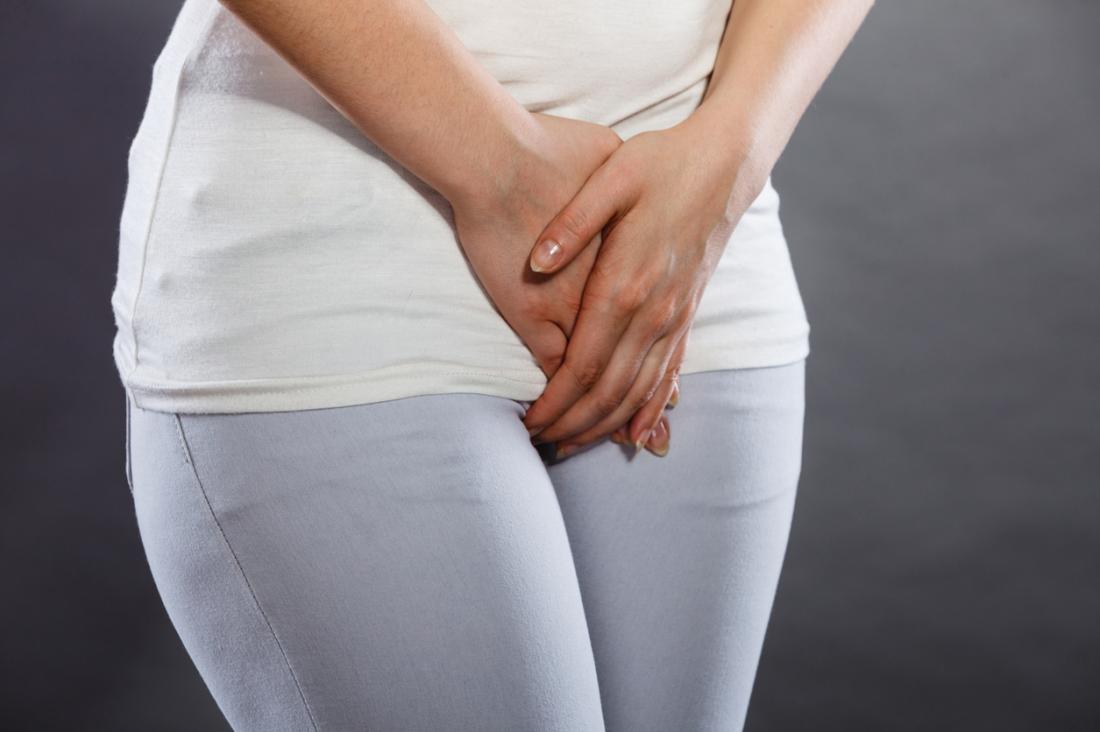Vagina fart, also known as a queef, is a common and natural phenomenon experienced by many women. It refers to the release of air from the vagina, often creating a sound similar to flatulence. While it can be embarrassing or uncomfortable for some women, it is usually harmless and not a cause for concern. In this blog post, we will explore what causes vagina farts and discuss some of the common factors that contribute to it.
Understanding Vagina Fart
Vagina fart occurs when air becomes trapped in the vaginal canal and is subsequently released. It is important to note that vagina fart is not the same as passing gas from the rectum. The release of air from the vagina is a result of natural bodily functions and is not indicative of any health issues.
During sexual activity or certain exercises, such as yoga or Pilates, the pelvic floor muscles can become relaxed or stretched. This can create space for air to enter the vaginal canal. When the muscles contract or the position changes, the trapped air is expelled, resulting in a vagina fart.
Causes of Vagina Fart
1. Sexual Activity: Vagina fart commonly occurs during sexual activity, especially in positions that involve deep penetration. The movement and pressure during intercourse can cause air to be pushed into the vagina, which is then released when the position changes.
2. Exercise: Certain exercises, such as yoga or Pilates, involve movements and positions that can cause air to enter the vagina. This is particularly true for exercises that engage the pelvic floor muscles and require stretching or relaxation of the vaginal canal.
3. Vaginal Birth: Women who have given birth vaginally may also experience vagina fart more frequently. The stretching and relaxation of the pelvic floor muscles during childbirth can create space for air to enter the vaginal canal.
4. Menopause: Hormonal changes during menopause can lead to changes in the elasticity and lubrication of the vaginal walls. This can increase the likelihood of air becoming trapped in the vaginal canal and being expelled as a vagina fart.
Managing Vagina Fart
While vagina fart is a normal occurrence, some women may feel self-conscious or uncomfortable about it. Here are some tips for managing vagina fart:
- Wear breathable underwear: Opt for cotton underwear that allows for proper airflow, reducing the chances of excess air being trapped in the vaginal canal.
- Use lubrication: During sexual activity, using a water-based lubricant can reduce friction and minimize the amount of air entering the vagina.
- Practice pelvic floor exercises: Strengthening the pelvic floor muscles through exercises such as kegels can help improve muscle tone and reduce the likelihood of air being trapped in the vagina.
- Communicate with your partner: If you feel uncomfortable or embarrassed about vagina fart during sexual activity, it is important to have open and honest communication with your partner. Sharing your concerns can help alleviate any anxiety or embarrassment.
When to Seek Medical Advice
In most cases, a vagina fart is a normal occurrence and does not require medical attention. However, if you experience any of the following symptoms, it is recommended to consult a healthcare professional:
- Strong, unpleasant odor accompanied by unusual discharge
- Pain or discomfort during sexual intercourse
- Itching, burning, or irritation in the vaginal area
- Changes in vaginal discharge consistency, color, or smell
A healthcare professional can evaluate your symptoms and provide appropriate guidance or treatment if necessary.
Conclusion
Vagina farting is a normal bodily function that occurs when the air becomes trapped in the vaginal canal and is subsequently released. It is a natural occurrence and not a cause for concern. Understanding the causes of vagina farts and implementing strategies for managing it can help alleviate any discomfort or embarrassment associated with this phenomenon. It is important to remember that open communication with your partner and seeking medical advice when necessary are essential for maintaining overall vaginal health.




